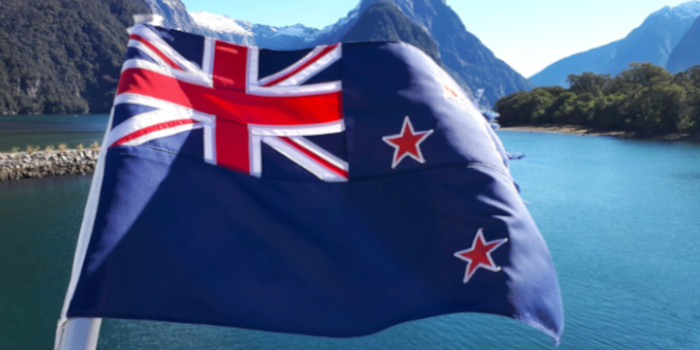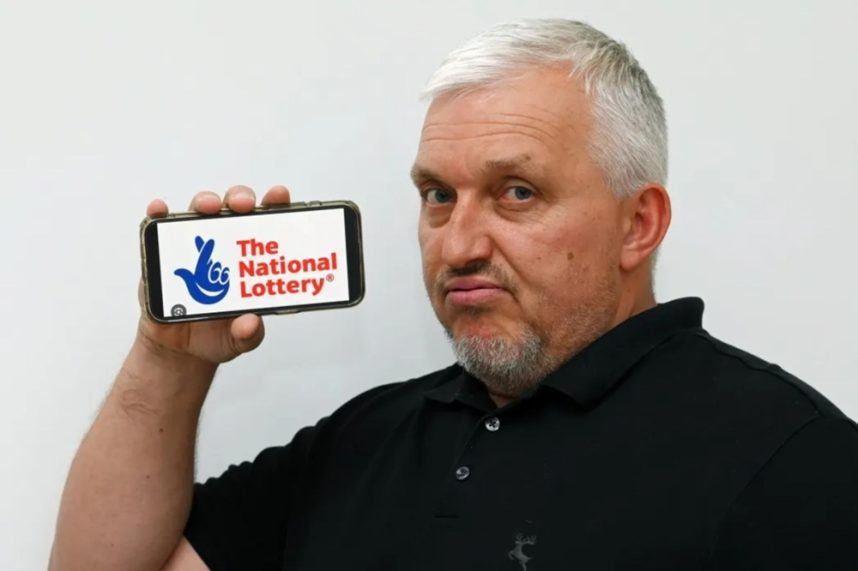
Bally’s Corporation has become the latest member of the International Betting Integrity Association (IBIA), [Read more…] about Bally’s Joins IBIA, Allows Firefighters to Train at Chicago Casino Site
Casino Gambling Tips and Information

Bally’s Corporation has become the latest member of the International Betting Integrity Association (IBIA), [Read more…] about Bally’s Joins IBIA, Allows Firefighters to Train at Chicago Casino Site

In a significant shift, the New Zealand government has announced plans to auction off licenses for online casinos. The country is introducing measures to regulate gambling activity, minimize gambling harm, and bolster tax revenues. While such a dynamic shift will be challenging, New Zealand remains confident that liberalizing its gambling market will bring significant positives.
Internal Affairs Minister Brooke van Velden outlined the new system for online casinos, which will feature limited licenses available for three-year terms. Operators must meet specific standards before they can offer services to New Zealanders. These requirements will ensure that companies remain accountable, ushering in a fair and equitable market that balances profitability with customer protection.
Velden was adamant that opening up the licensing process did not aim to increase the percentage of New Zealanders engaging in gambling. She highlighted some of the new legislation’s key player protection features. Gamblers must be at least 18 years old and will only engage in casino games. Sports betting, lotteries, and sponsorships remain prohibited.
This is not intended to increase the amount of gambling New Zealanders do but to ensure operators meet requirements for consumer protection and harm minimization.
Brooke van Velden, New Zealand Internal Affairs Minister
Licenses will be conditional on meeting regulatory requirements, with the system expected to be in force by 2026. Although the government provided no details regarding a new tax on offshore gambling — a commitment made before the elections — the move has been described as one that will start to ‘level the playing field’ within the market.
SkyCity Entertainment, New Zealand’s only casino company, has always supported online gambling industry regulation. The operator, active in the country since 2019 via its Malta-based subsidiary, previously spoke in favor of an offshore gambling duty to ensure fair taxation. Industry insiders believe the tax rate for online operators will be higher than for land-based casinos, bolstering SkyCity’s market share.
This update should also be instrumental in alleviating the country’s rising problem gambling issues. Mapu Maia, a Pasifika gambling support service, recently revealed that children as young as 11 were gambling online and accumulating significant debt. The new regulations hope to address these issues by enforcing stricter controls and protections.
The New Zealand government’s decision to regulate online casinos sets a new frontier for gambling in the country. Licensing auctions and rigorous regulation will protect consumers from ill effects and secure fairness in taxation while giving domestic providers, like SkyCity, a better opportunity to fight against unregulated overseas operators, channeling New Zealand bettors toward safe and secure offerings.
 Please excuse the transcription captions’ accuracy as they are generated through software and due to the echoes in the space there may be some sections that were not transcribed correctly. Paul Bull: [00:00:00] Okay, ladies and gentlemen, let’s get this going. It’s gonna get hot in here. Paul Bull: Alright, thank you all for… Read More »
Please excuse the transcription captions’ accuracy as they are generated through software and due to the echoes in the space there may be some sections that were not transcribed correctly. Paul Bull: [00:00:00] Okay, ladies and gentlemen, let’s get this going. It’s gonna get hot in here. Paul Bull: Alright, thank you all for… Read More »

Winning a jackpot or a large prize from playing the lottery is undoubtedly exciting. However, in some cases, more than one player can be lucky enough and depending on the lottery game, the prize may be split. [Read more…] about Two Fortunate Lottery Players Share $150K Jersey Cash 5 Jackpot

When a UK man matched all six numbers on the country’s National Lottery, he naturally began dreaming of how to spend the £11 million (US$14.2 million) jackpot. [Read more…] about Clueless Lottery Player Misses Out on £11M Jackpot

The grand prize from the popular American lottery game, Mega Millions, survived the latest drawing on Tuesday. Regretfully, nobody was able to guess correctly the winning numbers, 3, 9, 14, 26, 51 and the gold Mega ball 21 for an estimated jackpot of $279 million. [Read more…] about Mega Millions Jackpot Surpasses $300M for Upcoming Drawing

A banned Iowa player won a jackpot in a casino, despite being self-excluded. The man, who used a fake identity, was arrested, prompting an investigation into the matter. [Read more…] about Banned Player Wins Casino Jackpot, Gets Arrested
